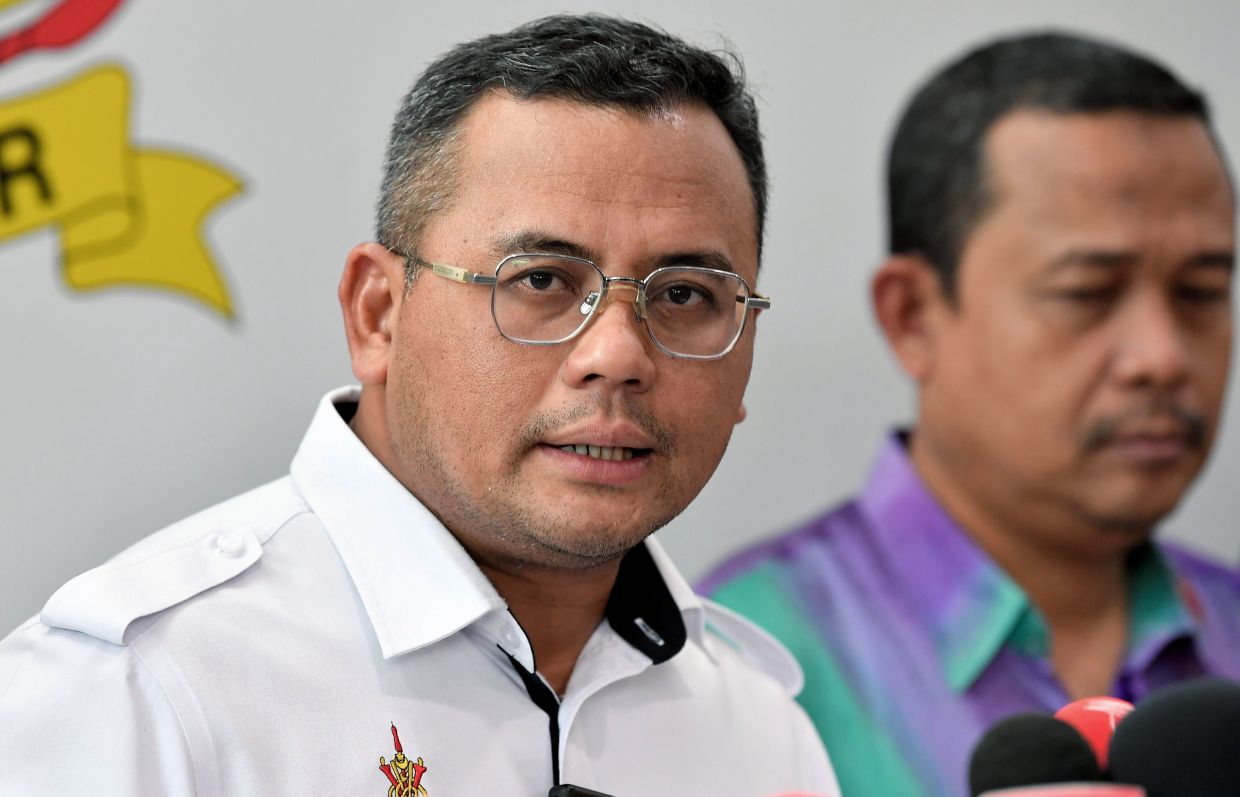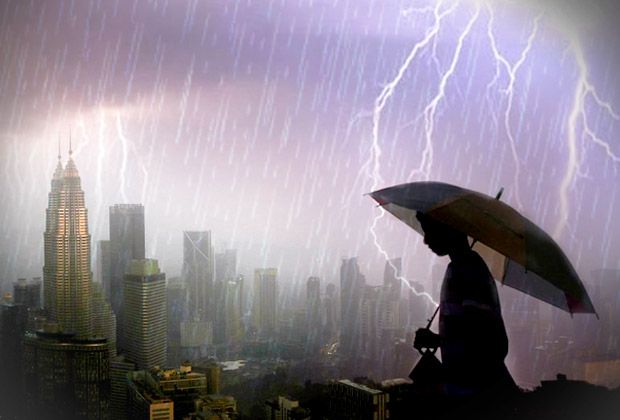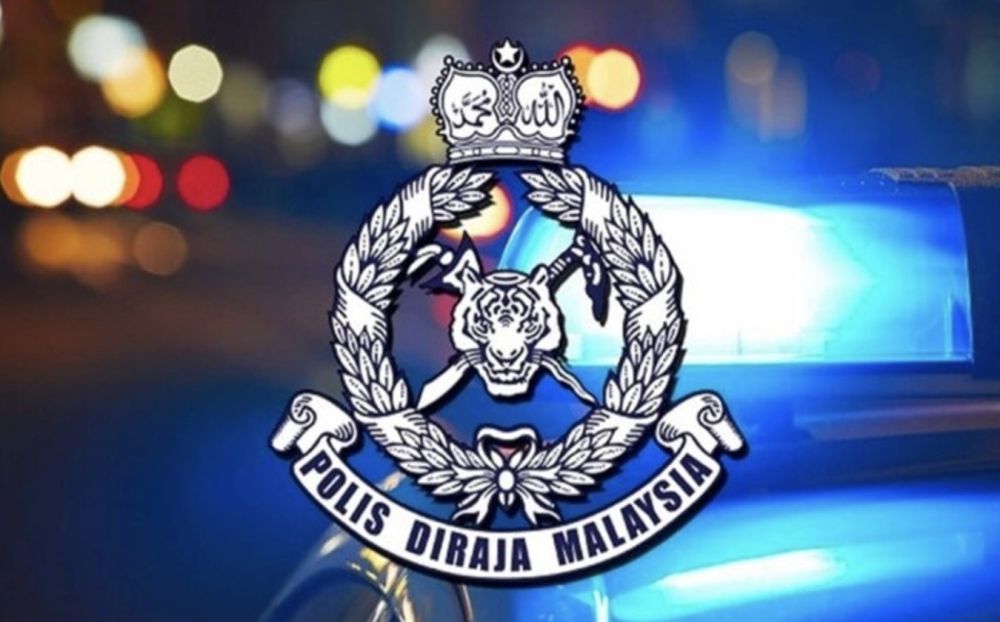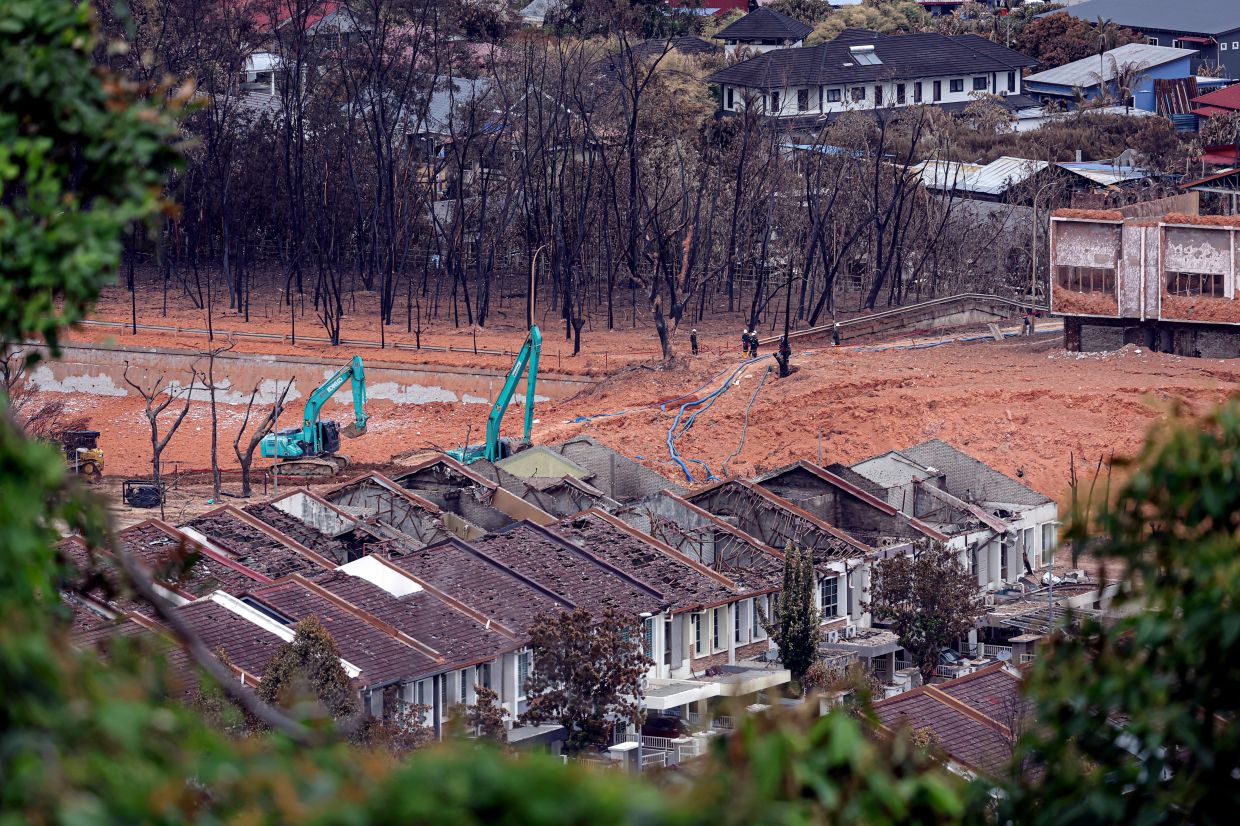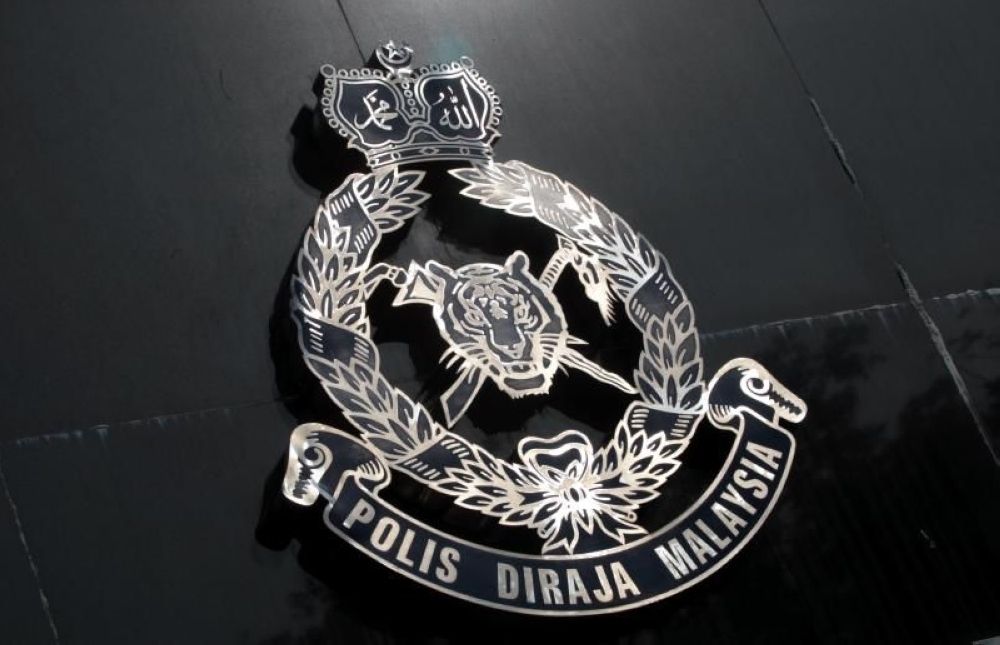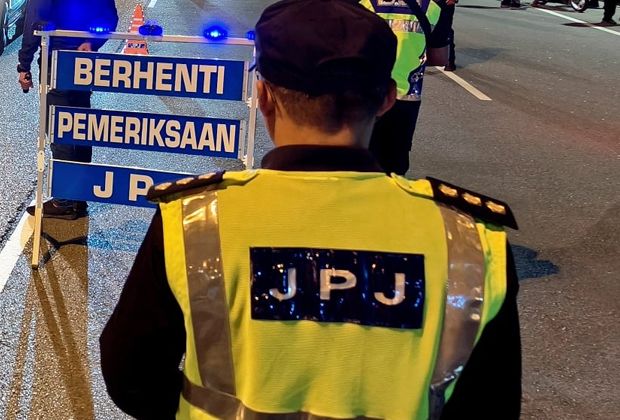PETALING JAYA: A group comprising civil society organisations and individuals are calling for greater protection for children from abuse after two deaths were reported recently.
Read the statement here:
Already a subscriber? Log in.
Save 30% and win Bosch appliances! More Info

Cancel anytime. No ads. Auto-renewal. Unlimited access to the web and app. Personalised features. Members rewards.




